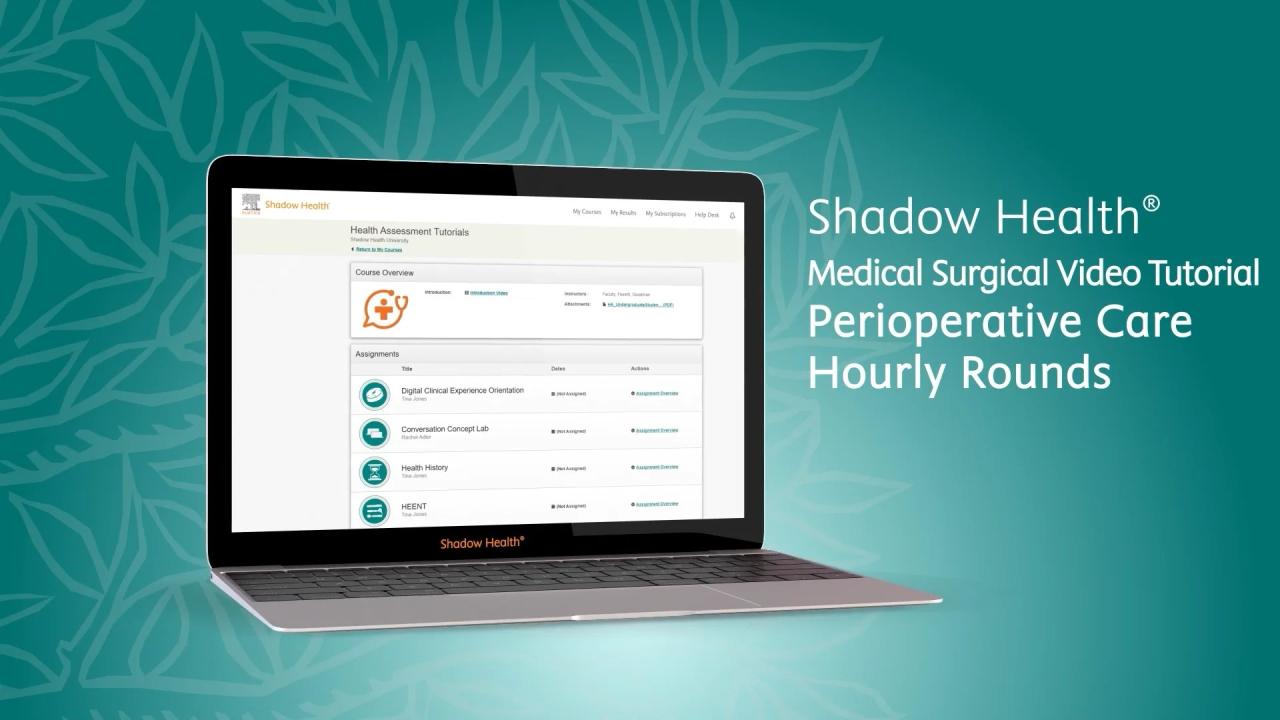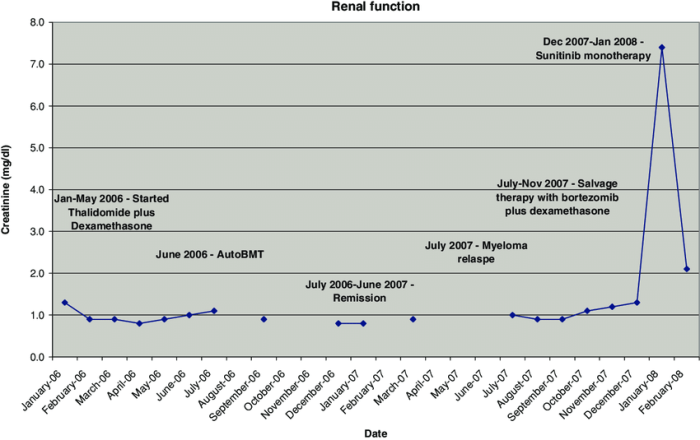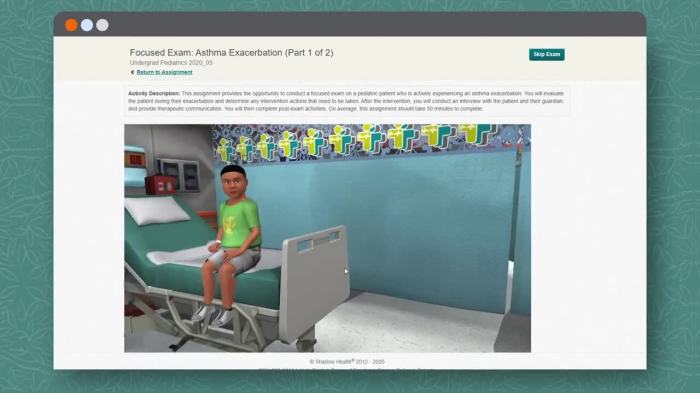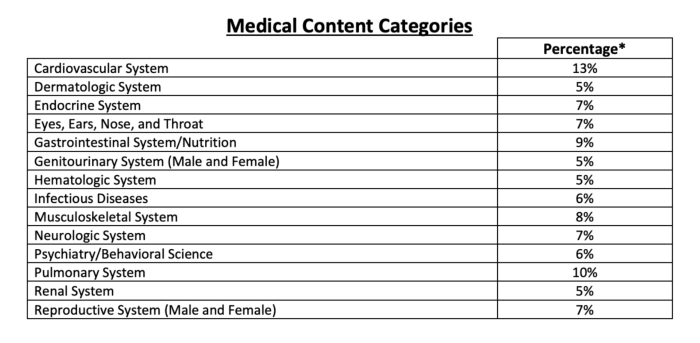Renal system hourly rounds shadow health is an innovative approach to training and education in renal nursing, providing a realistic clinical experience that enhances patient care outcomes. This comprehensive overview explores the anatomy, physiology, and functions of the renal system, highlighting the critical role of hourly rounds in monitoring renal function and guiding nursing interventions.
Through Shadow Health simulation, nurses gain hands-on experience in assessing key parameters such as urine output, vital signs, and fluid intake, enabling them to identify trends and make informed decisions. Interdisciplinary collaboration is emphasized, fostering teamwork among physicians, nurses, and other healthcare professionals to optimize patient management.
Renal System Overview: Renal System Hourly Rounds Shadow Health

The renal system, consisting of the kidneys, ureters, bladder, and urethra, plays a vital role in maintaining homeostasis and regulating bodily functions.The kidneys filter blood, removing waste products, excess ions, and toxins. They also regulate fluid and electrolyte balance, ensuring the body’s optimal hydration and electrolyte concentrations.
Additionally, the kidneys produce hormones, such as erythropoietin and renin, which contribute to red blood cell production and blood pressure regulation.
Hourly Rounds
Hourly rounds are a systematic and comprehensive assessment of patients with renal disease. They provide real-time monitoring of vital parameters and facilitate early detection of complications.During hourly rounds, nurses assess urine output, fluid intake, and vital signs, such as blood pressure and temperature.
They also monitor for signs of fluid overload, such as edema, and electrolyte imbalances.
Shadow Health, Renal system hourly rounds shadow health
Shadow Health is an innovative online simulation platform that mimics the clinical experience of hourly rounds. It provides a realistic and interactive environment for nurses to practice and enhance their skills in monitoring renal function.Through Shadow Health, nurses can assess virtual patients, collect data, and make informed decisions regarding patient care.
The platform offers immediate feedback and allows nurses to reflect on their interventions and improve their critical thinking abilities.
Case Studies
Case studies are an effective method for nurses to apply their knowledge and skills in a simulated clinical setting. By analyzing data collected during hourly rounds, nurses can identify trends, interpret results, and develop evidence-based care plans.One example is a case study of a patient with acute kidney injury.
Nurses can review the patient’s vital signs, urine output, and fluid balance data to monitor their response to treatment and make adjustments as needed.
Nursing Interventions
Hourly rounds provide opportunities for nurses to perform essential interventions that promote renal health. These include:
- Monitoring fluid intake and output to prevent dehydration or fluid overload.
- Administering medications to support renal function, such as diuretics or electrolyte supplements.
- Providing patient education on dietary restrictions, fluid management, and medication adherence.
Quick FAQs
What is the purpose of hourly rounds in renal care?
Hourly rounds are crucial for monitoring renal function, assessing parameters such as urine output, vital signs, and fluid intake to identify trends and guide nursing interventions.
How does Shadow Health enhance renal nursing education?
Shadow Health provides a realistic clinical experience, allowing nurses to simulate hourly rounds and practice decision-making in a safe and controlled environment.
Why is interdisciplinary collaboration important in renal care?
Interdisciplinary collaboration fosters teamwork among physicians, nurses, and other healthcare professionals, ensuring a comprehensive approach to patient management and improving communication and coordination.


